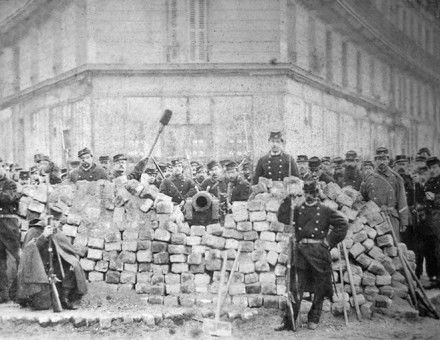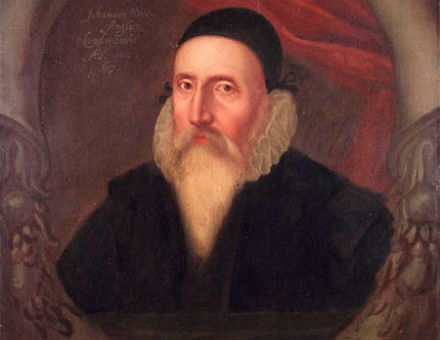The Abortive Crusade
To export the Revolution's benefits across Europe was the early hope of the French - but the unenthusiastic response from the liberated peoples rapidly soured the vision. Tim Blanning chronicles that descent from optimism to realpolitik.




